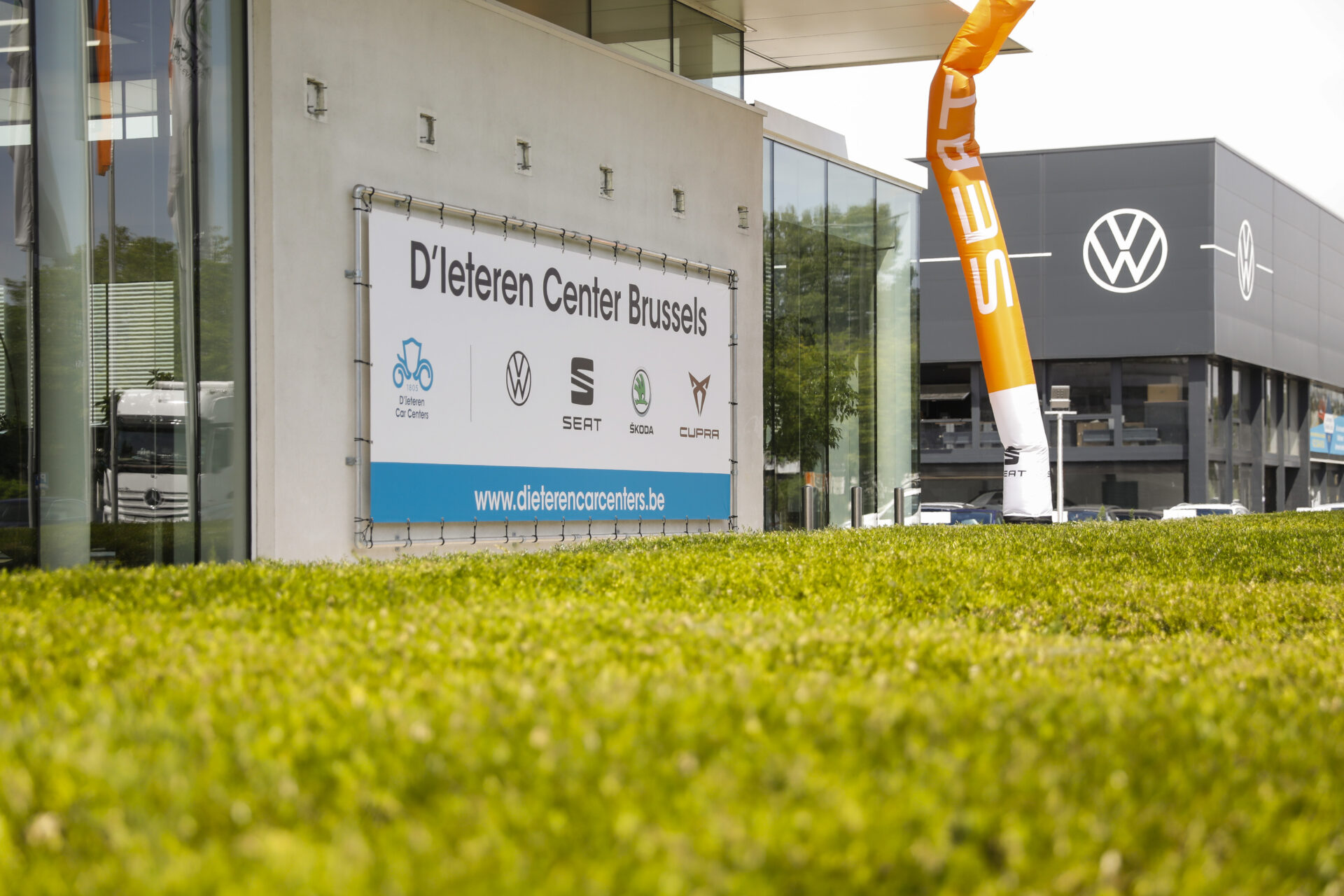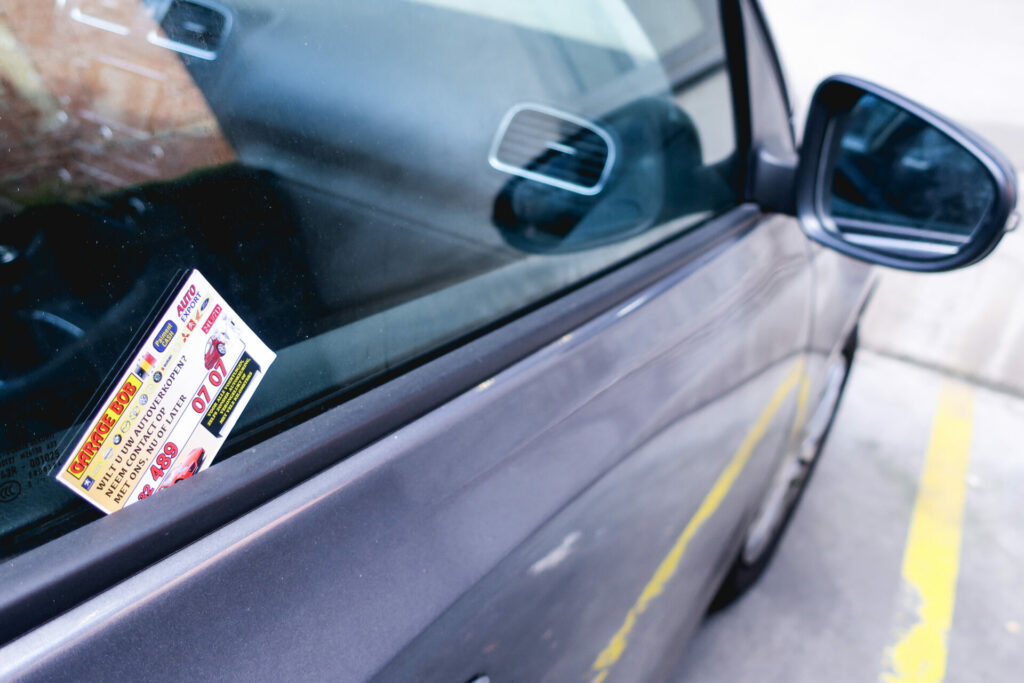In a rapidly evolving automotive landscape, major car dealer groups are asserting their dominance, reshaping the Belgian automotive sales scene.
Last year, the top ten automobile dealers in Belgium collectively accounted for an impressive 28% share of new vehicle sales, including utility vehicles. This consolidation trend underscores the industry's ongoing transformation, marked by numerous acquisitions and mergers over the years.
The consolidation trend continues to gain momentum in 2023, with significant acquisition announcements reshaping the market. Just half a decade ago, the top ten private dealer groups held a modest 15.5% of Belgium's sales share, while the top 50 dealers collectively claimed one-third of the market. Today, their combined share has nearly doubled, surging to a commanding 60%.
Interestingly, the major players in this transformation are not exclusively Belgian companies, reflecting the growing internationalisation of the automotive industry. In a groundbreaking shift in 2022, the Dutch automotive giant, Van Mossel Automotive Groep, overtook the long-standing leader, D'Ieteren, in Belgian automobile sales.
Van Mossel, already a prominent player in the Netherlands, has rapidly expanded its presence in the Belgian market, boasting an impressive 15.7% growth rate in the previous year. Moreover, the group is actively fortifying its position in Luxembourg, Germany, and the UK through strategic acquisitions.

D'Ieteren garage in Brussels. Credit: Belga / Thierry Roge
Comparatively, in neighbouring countries, the top 50 dealers already control over 82% of the market. According to market analysis firm Aumacon, "In the long term, concentration will move in the same direction as in the Netherlands. The Belgian market is catching up." Despite their notable progress, family-owned dealer groups continue to lag behind the industry giants.
The vision of a fully digitised automotive market, where cars are purchased online and delivered to consumers' doorsteps, remains a distant reality. With the exception of Tesla, traditional dealerships remain the preferred point of contact for customers, Jean-Marc Ponteville, Head of Communications at D'Ieteren, told L'Avenir.
While the automotive industry evolves, the "Amazon.com of the automobile" remains an elusive concept. Brands, particularly Chinese ones, which underestimated the significance of showrooms are now realising their misjudgement. The current landscape is complex, with distribution networks evolving to give more prominence to agent contracts, such as those with Stellantis, at the expense of traditional dealerships and private importers. Simultaneously, as industry players consolidate, the market is contracting.
Related News
- Brussels increasingly cracking down on 'rodeo drivers', but battle is complex
- EU Member States put the brakes on tightening car exhaust standards
- The best (and worst) times of day to commute in Belgium
"The sector is also undergoing transformation because we anticipate a significant drop in sales, with the market settling at around 420,000 to 430,000 new cars per year,” Jean-Marc Ponteville told L'Avenir. “Today, we are delivering cars ordered a long time ago, so registration figures look good, but sales will decline. While the car remains a pillar of mobility in Belgium, its role will become somewhat less central in favour of other forms of mobility."
The mandatory shift toward electric vehicles is another game-changer. Not all dealerships possess the financial strength to adapt to this transformation. Ponteville comments, "It's a significant industrial change that extends beyond the automotive sector. The impact is not just technological; it also affects the labour market and the need for qualified electric vehicle technicians. We are witnessing a talent war and a clear need to reinvent the business model."
For dealerships, electric vehicles mean fewer mechanical interventions and maintenance but a greater emphasis on services and software. Given current electric vehicle prices, used cars—both traditional and electric—will remain in demand even beyond 2035, making this a critical market segment. Renault's conversion of its Flyn factory for industrial car refurbishment for a second life exemplifies this shift.
The Belgian automotive market is undergoing profound changes as major dealer groups assert their dominance, while the industry navigates electrification and evolving consumer preferences. The road ahead promises continued transformation and challenges, with implications for dealers, manufacturers, and consumers alike.

